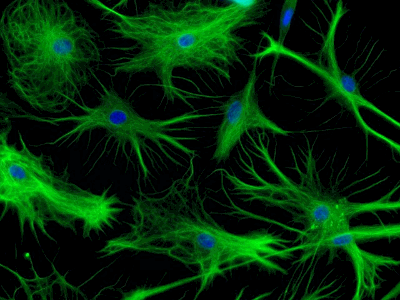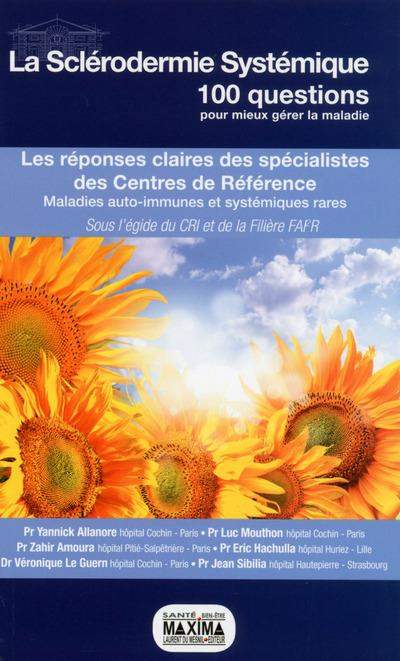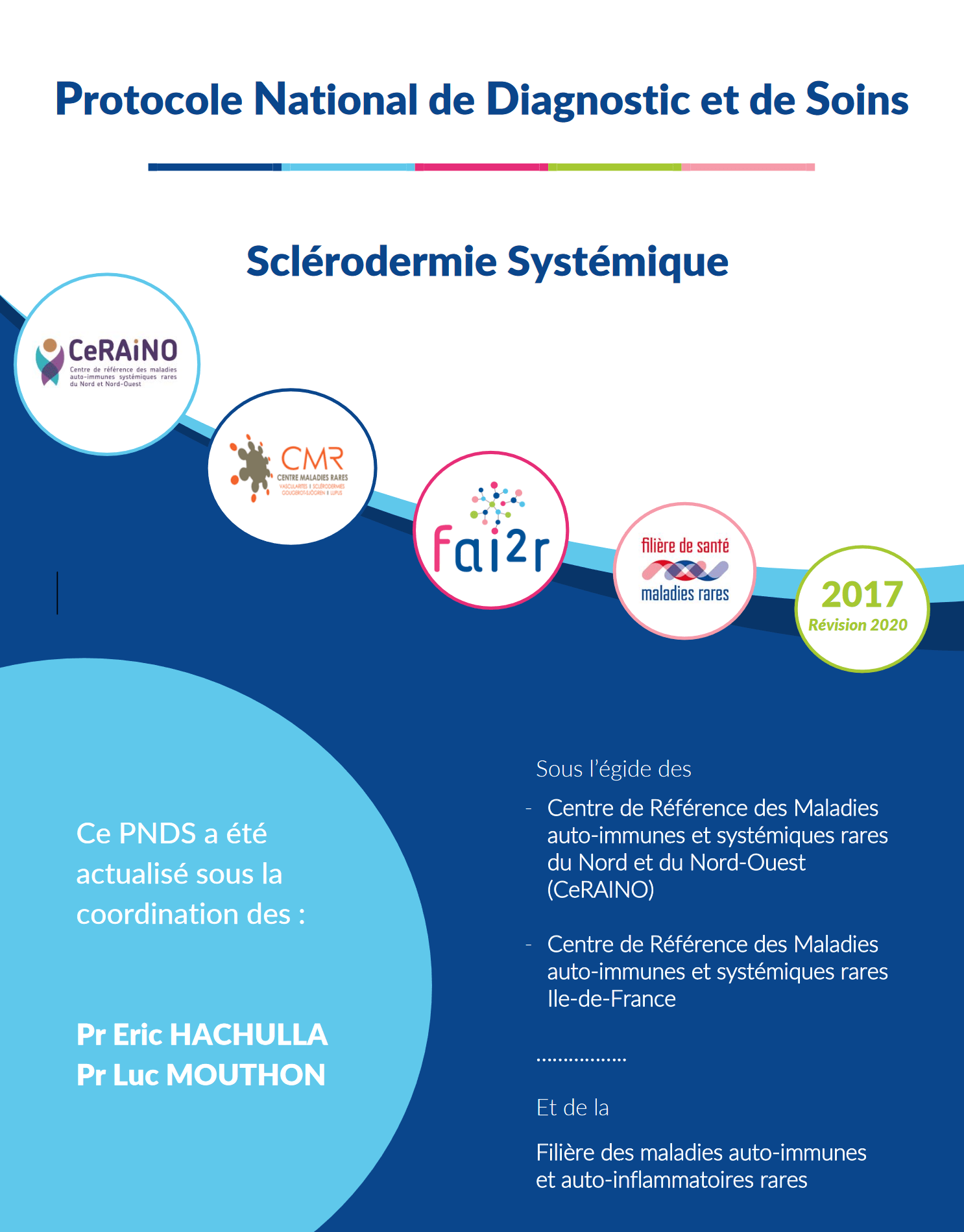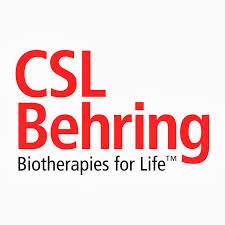1,2 S. Loisel, 3,4 P.Lansiaux, 1,2 C. Ménard, 1,2 K.Tarte, 3,4 D. Farge
1 SITI Laboratory, Etablissement Français du Sang Bretagne, CHU Rennes, France
2 UMR U1236, INSERM, Université Rennes 1, Rennes, France
3 Hôpital Saint-Louis, Centre de Référence Maladies systémiques rares d’Iles de France, Paris, France
4 Institut Universitaire d’Hématologie, EA 3518, Paris, France
Introduction:
Systemic sclerosis (SSc) is a rare autoimmune disease characterized by vasculopathy, activation of the immune response and consequent fibrosis. Mesenchymal stem cells (MSC) are studied as a new cell therapy for SSc due to their immunosuppressive effects on the various components of the immune response, including B cells which role in SSc physiopathology was recently emphasized.

Objectives:
To analyse the immunomodulation effect of Bone-Marrow (BM) derived allogeneic-MSC in 12 SSc patients iv treated (AOM11250 PHRC protocol (DRCI, APHP)), as focused on MSC and B cells interaction, in order to investigate if MSC treatment : a) modify B cells subpopulations b) inscrease circulating Breg numbers and c) changes B cell functionality (assessed by gene expression analysis).
Materiel and Methods:
The research involves peripheral blood cells and serum samples biobanking obtained from 12 SSc patients before, 1 and 3 months after BM allo-MSC injection. B cell subpopulations analysis and Breg enrichment evaluation are performed through Flow cytometry. Gene expression quantification is evaluated by Biomark analysis of 62 target genes involved in B cell functionality.
Results:
Transitional B cell compartment (CD24hi CD38hi CD27–), known to have regulatory properties tends to increase after MSC treatment (n=12). Analysis of IL-10-producing-Breg enrichment is currently in progress. Total B cell gene expression analysis after MSC treatment shows: 1) a slight transitional increase in IL-10 mRNA 2) a slight transitional decrease in CD5, BANK-1 et CD40 mRNAs, 3) stable TGF-B et BLIMP-1 mRNAs level. Isolation of B-cells subpopulations and single cell analysis are currently under progress to identify which B-cell may account for potential modulation of B-cell gene expression.
Conclusion: The observed results are expected to generate new tools to evaluate human circulating B reg cells and to enhance the understanding of SSc pathogenesis and the early promising results from this highly innovative therapy.





 Association des Sclérodermiques de France
Association des Sclérodermiques de France
















